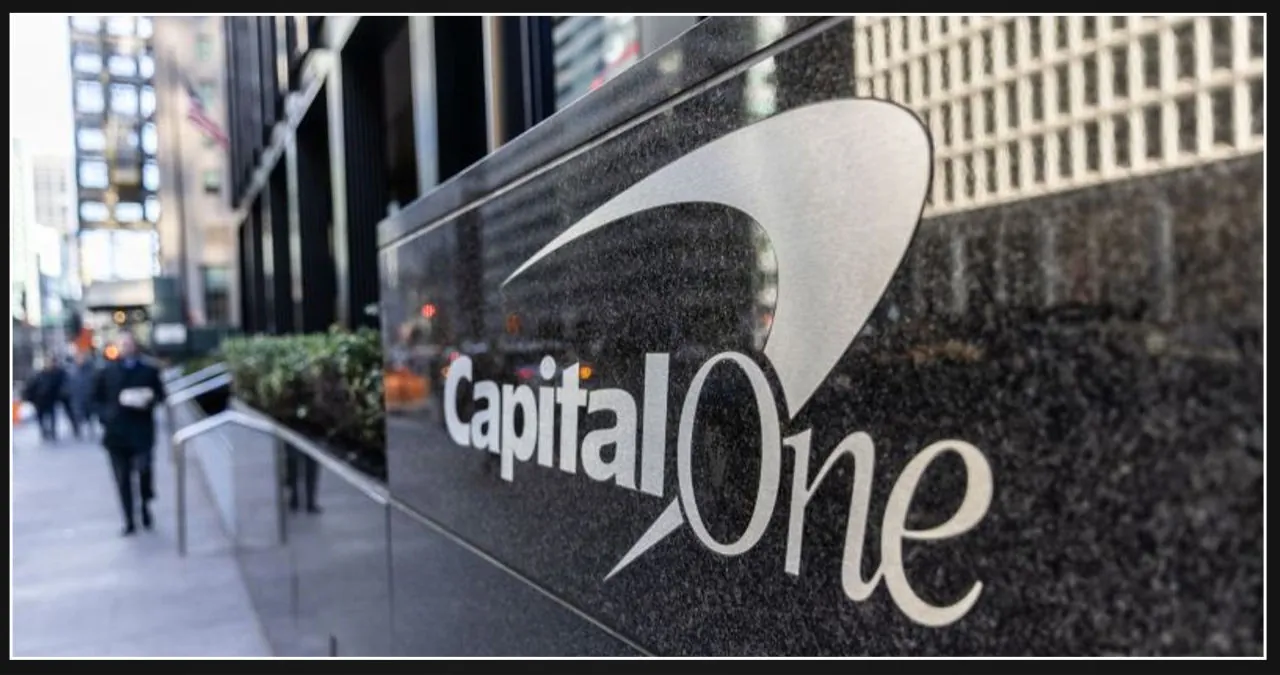The US government’s consumer watchdog agency is suing Capital One for allegedly cheating millions of consumers and failing to pay over $2 billion in interest to holders of its high-interest savings accounts.
According to the Consumer Financial Protection Bureau (CFPB), Capital One has been accused of keeping the interest rates of its popular “360 Savings” accounts low, even as rates increased across the country. The CFPB claims that the bank introduced a new account with better interest rates without informing its “360 Savings” customers. As a result, consumers lost over $2 billion in interest payments.
“The Consumer Financial Protection Bureau (CFPB) has filed a lawsuit against Capital One, accusing the bank of deceiving families and causing them to lose billions of dollars on their savings accounts,” stated CFPB Director Rohit Chopra. He emphasized that banks should not lure people in with false promises they cannot fulfill.”
Capital One expressed its disappointment with the Consumer Financial Protection Bureau (CFPB) for filing lawsuits at the last minute before a change in administration.
A spokesperson for Capital One expressed strong disagreement with the claims and stated that they will vigorously defend themselves in court. They also emphasized that the new account was widely marketed, including on national television, and had the simplest and most transparent terms in the industry.
Capital One’s marketing of the “360 Savings” account is being questioned due to its use of terms such as “one of the nation’s,” “top,” “best,” and “highest” to describe the interest earned. However, according to the CFPB, the bank reduced and then maintained the “360 Savings” account rate at just 0.30% from 2019 to mid-2024, despite nationwide rate increases.
A new savings account called “360 Performance Savings” was introduced during that period. The interest rates for this account increased from 0.40% in 2022 to 4.35% in January 2024.
According to the CFPB, Capital One engaged in a scheme to deceive “360 Savings” accountholders by concealing the existence of the higher-yielding “360 Performance Savings” product.
The agency filed a lawsuit to put an end to the bank’s unlawful behavior, compensate affected consumers, and impose civil money penalties.







Leave a Reply